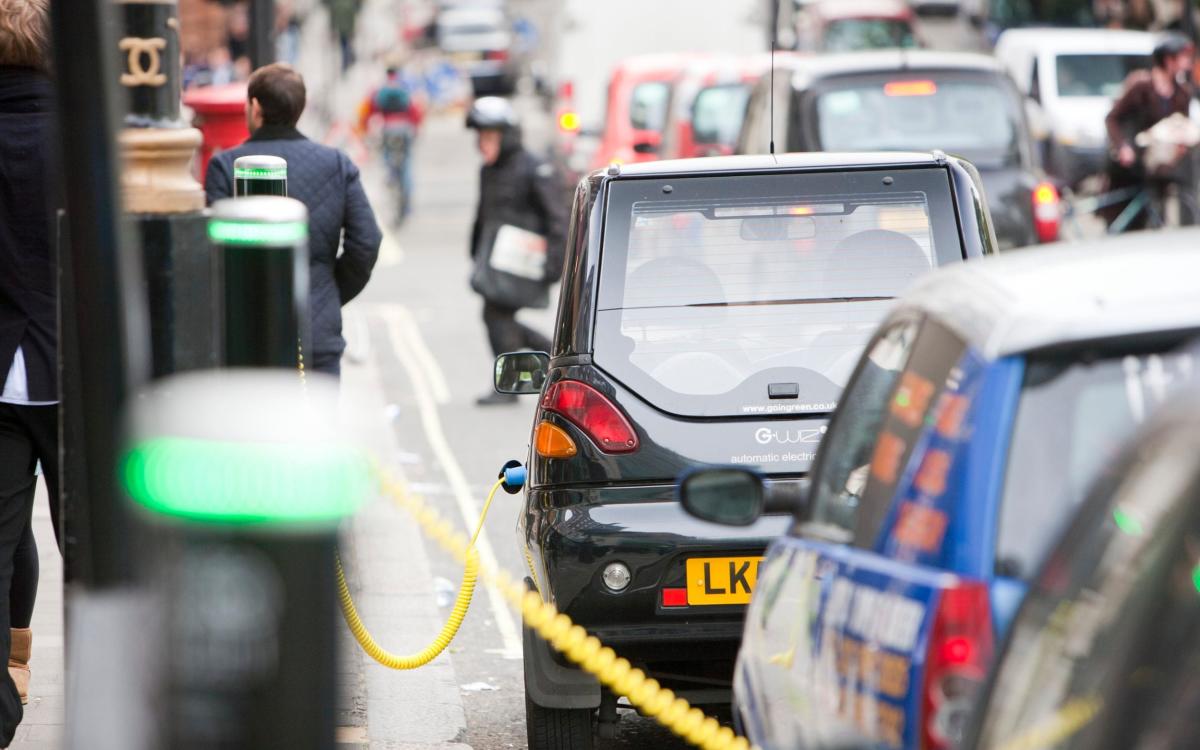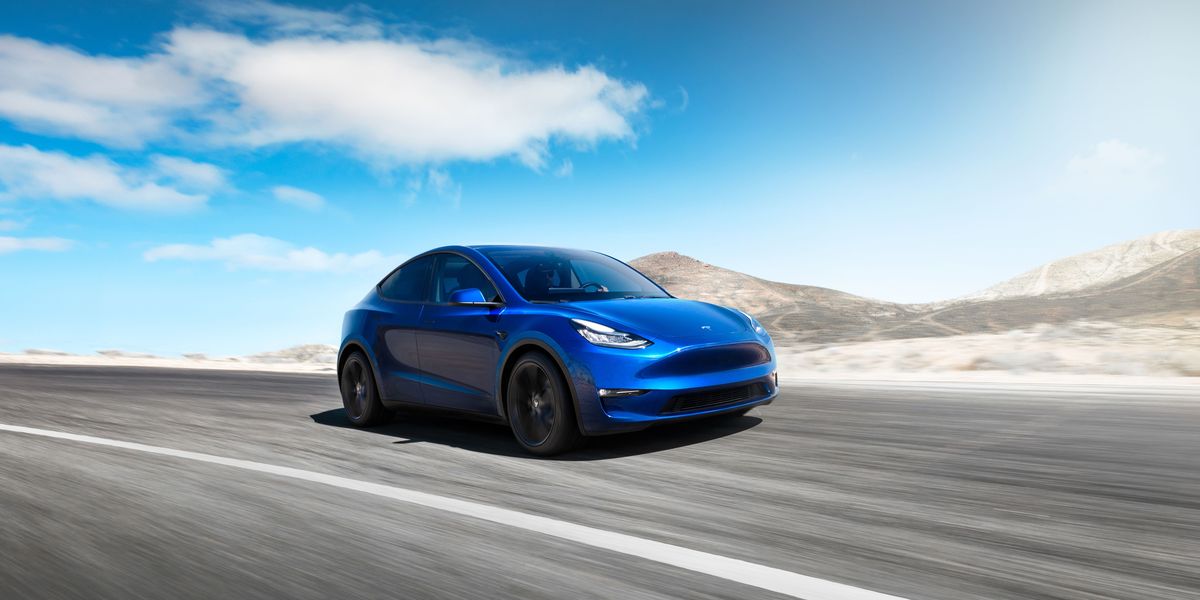With respect FE, I know that these are your views as you’ve aired them before - I agree with the premise of most. Re-stating them with the word ‘you’ in each sentence may be a tad disingenuous though. I’m not sure that I’m solely responsible for what’s
actually happening in the environmental space

! But hey, this is ‘the pub’ and pretty much anything goes!
The core of the worlds environmental scientists say that there is a time imperative; that targets are required to negate/minimise serious environmental consequences. Global and domestic targets require planning. All plans eventually require a legislative framework, in a democracy that is. No doubt if certain plans/legislation fail at any juncture then they will be revised - no plan survives ‘first contact’. I don’t fear too much for your man with a diesel tractor just yet.
Some countries are well advanced in their actions, have successfully incentivised their populations to participate and poured resources into scientific research and implementation. If all countries had the opportunity (and will) to do the same, no doubt the pace of scientific change could /will meet the environmental need. Is it possible to achieve economic growth, concurrent with scientific development and environmental outcomes? We better hope so; no country is planning for these to be an either/or proposition.
As I see it, we have a limited opportunity to maximise outcomes when certain of the worlds most populous countries (and largest emitters) remain in poverty. Governments will not starve their populations to meet distant global environmental targets - a big problem of accountability (and action) for advanced countries that have already negatively impacted the environment to secure their own development.
Will we get it all right - of course not. We (humanity) will screw-up significant elements as we always do - hence the phrase to learn from ones mistakes. Will there be nefarious intent from some quarters to cheat, lie and profit from good environmental intentions - of course - again, part of who we are.
But the option to do nothing, to continue to slash, burn, extract, plunder and pollute seems impossible - to keep our fingers crossed and hope that the scientists are wrong, reckless at best. Especially if you have kids.
These are my thoughts - I have no intention of projecting them on others.

 uk.yahoo.com
uk.yahoo.com






